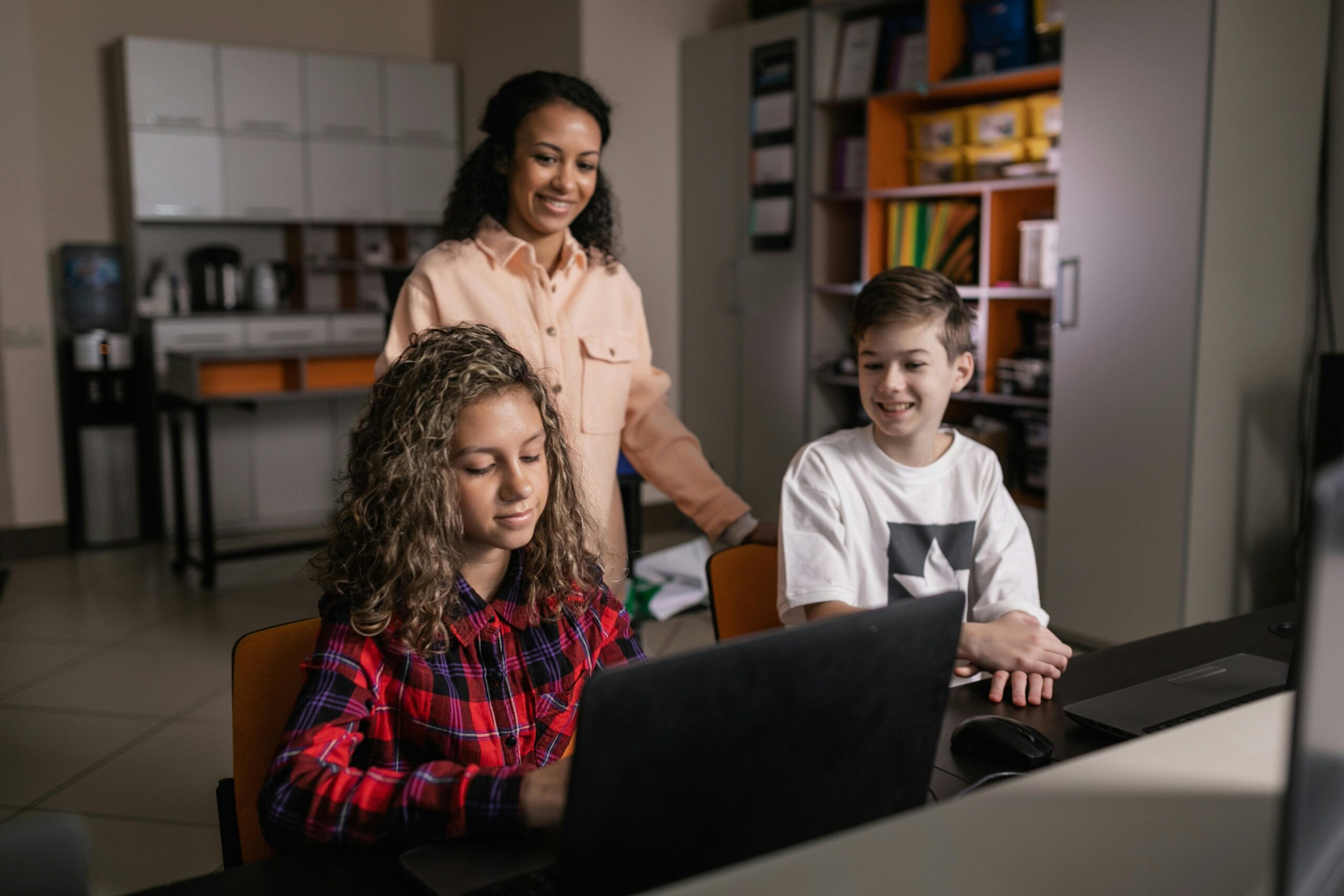While the vast majority of students are proficient with technology, most lack an understanding of how to use technology, especially the internet, responsibly. As the Government of Canada states on page six of the Digital Citizenship in Saskatchewan Schools – Policy Planning Guide, “We are putting students at risk by assuming that they are tech-savvy.” I do not want to put my future students in danger by assuming that they understand the “dos” and “don’ts” of the internet.

In order to best educate students on how to safety and responsibly partake in the digital world, I will follow the Nine Themes of Digital Citizenship. I want to respect, educate, and protect with students through digital citizenship education. While this is a vast topic with many methods that I would like to incorporate into my teaching, here are three specific ways that I will help my students with digital citizenship:
1: I will respect my student’s and aim for equitable use of technology. will try to be aware of who in my community may or may not have access to technology. It’s important that I know which of my students have access to technology not only at school, but also at home. I should not just assume that all students have an equal ability to access Google Classrooms at home. For those that are not able to access class materials at home, I will guide them towards free to use computers at a public library or make sure that they can work on homework during lunch hours at school.
2: I will teach them digital laws including hacking, using copyright materials, sharing illicit photographs, and digital identity theft. This will help to keep them safe from legal repercussions and also help them know when their own rights are being violated. For example, if someone is sending around an illicit photo that they took, they would know that not only is it being shared immoral but also illegal. I want my students to enjoy the internet, but also understand that certain digital actions can have serious legal consequences.

3: I will help protect my student’s from the dangers of the internet by teaching them about digital safety and security. I will show them how to keep their data and passwords safe from hackers and viruses. They will become wary of phishing scams and know when and when not to share personal information online.
While digital citizenship starts at home, I believe that educators still have a great responsibility to respect, educate, and protect students.

I love how much thought you’ve put into how you’re going to teach your students to be safe with technology! It’s inspiring to see what ways you plan to help them navigate the internet.
I appreciate your commentary on how digital citizen starts at home. Majority of students are accessing and using technology outside of the classroom setting, but it is crucial that they are receiving a foundational understanding of how to use technology safely and positively.
I love seeing how much consideration you have put into digital citizenship and teaching it to your students! We have such a huge responsibility as educators in teaching digital citizenship, as school is where children spend most of their days growing up. Your future students are in very good hands with you!
This is such a well-thought-out approach to teaching digital citizenship! I really appreciate how you emphasize equity in technology access, as it’s easy to assume that all students have the same resources at home. Your focus on legal aspects and online safety is also crucial many students don’t realize how their digital actions can have serious consequences. It’s great to see educators taking proactive steps to equip students with these essential skills. Looking forward to seeing how you implement these ideas in your future classroom!
Thanks for your Aili. I really appreciate your thoughtful approach to digital citizenship education! It’s so true that just because students are tech-savvy doesn’t mean they understand the risks and responsibilities that come with using the internet. Your focus on equitable access, digital laws, and online safety is incredibly important.
Your approach to teaching students about digital laws and security is also crucial—so many young people don’t realize how serious online actions can be.
Looking forward to your post working in the direction